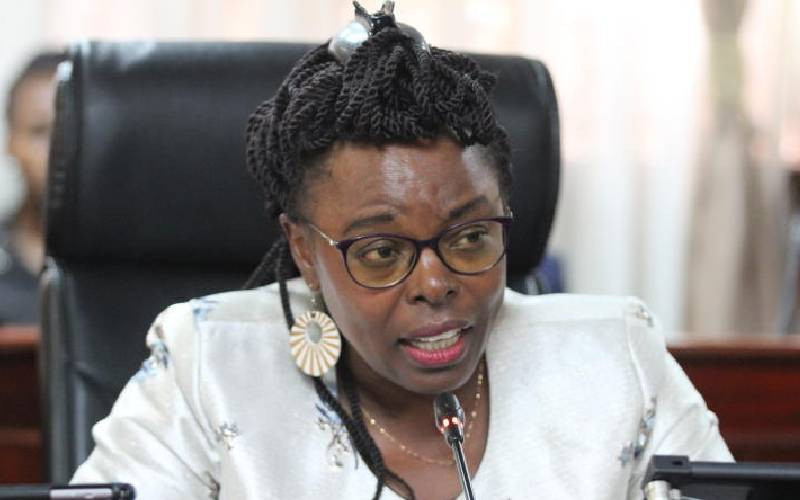×
The Standard e-Paper
Kenya’s Boldest Voice

The Controller of Budget Margaret Nyakang'o brought us back again to budgeted corruption in government. However, there was nothing new about it except that it now came from what we would consider the horse's mouth.
Being the Controller of Budget, Dr Nyakang'o knows far much more than she can admit publicly. If the EACC is serious about fighting corruption, she should have an invite already.